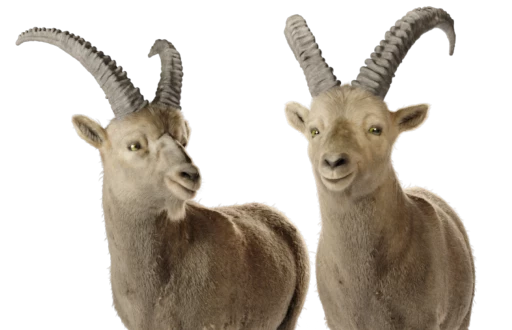Innovation & Talent
A window to the future
From the Republic of Utopia to the whole world: the Landqart company is designing the passports of the next generation in the Rhine Valley of Graubünden.
“Anything can be forged,” says Silvio Inauen, a 38-year-old newcomer to the paper industry. “The only question is how hard we make it for counterfeiters.” And Inauen is focused on the goal of making forgery particularly difficult. The paper technician, who is also a trained chemist, is constantly working on new ideas for his employer, Landqart, the Graubünden-based manufacturer of high-security paper. Inauen is responsible for incorporating new security features into banknotes and passports and for developing new printing material. Sometimes he acts as a coordinating project manager in the office, while other times he lends a hand in the laboratory. The newest innovation arising from these efforts is called Durasafe Travel – and strictly speaking it is not totally new.
A tried and trusted solution
Durasafe Travel is the answer to a question that emerged at the Landqart headquarters two and a half years ago: What do we actually want to develop? How can we make the cost-benefit calculation even less attractive for counterfeiters? The solution was once again a paper-polymer combination. Landqart already introduced one of these products to the money market a decade ago. The material itself has been used to produce banknotes successfully since 2012 – including the current Swiss series. However, the idea of using it in passports is new.
A standard passport consists of four parts: the cover, data page, visa pages for stamps and the inside of the cover. Numerous security features can be added to these elements. The selection of security features depends on two main factors: the customer’s wishes and the material composition of the elements in question. “Some customers have special requests,” says Inauen. “For instance, they want threads two centimetres wide or paper four millimetres thick.” These requests are implemented whenever feasible. “Almost anything is possible,” says Inauen. “Unless someone tries to order a passport three feet thick.”
“Paper has a future”
Common security features available to customers include watermarks, security threads and second- and third-level features, as they are known. The latter might be printing inks that are only visible under UV or infrared light, for example. Or secret features that not even customs officials can detect. Durasafe Travel also includes new features, such as viewing windows in a wide variety of shapes or half-windows with a security thread in the polymer. “Of course, that wouldn’t be possible with normal paper,” notes Inauen.
Republic of Utopia
To produce Durasafe Travel, a machine the size of a whole factory hall in Landquart inserts a polymer layer between two layers of paper. This results in a polymer-paper composite that makes passports much more secure and difficult to forge. Starting next year, it will also be used in the identity market. Development is complete and the first customers have already been found – although the sample passport in Inauen’s office currently still reads “Republic of Utopia”. Now the focus is on raising awareness of the product.
Some countries have already made a complete switch to polycarbonate for their passports, while electronic visas are being introduced thanks to digitalisation. However, Inauen is certain that “paper has a future”, and will never disappear completely. This future is ensured by innovative products like Durasafe Travel.
